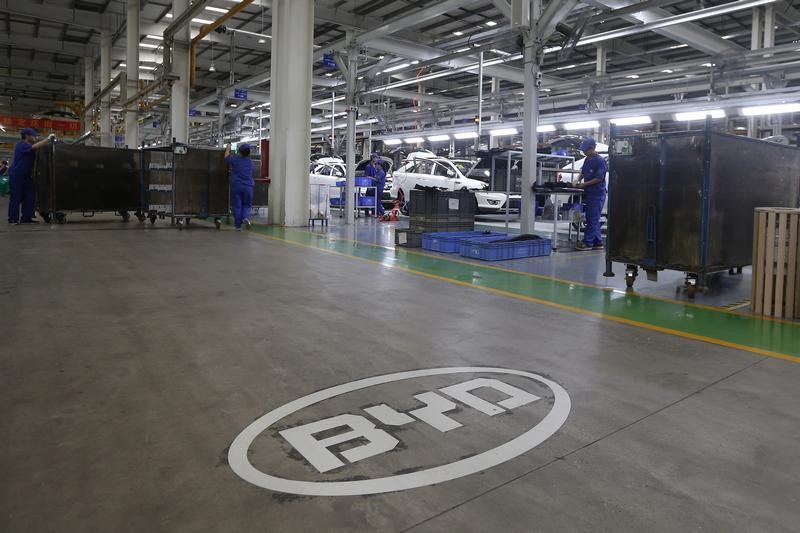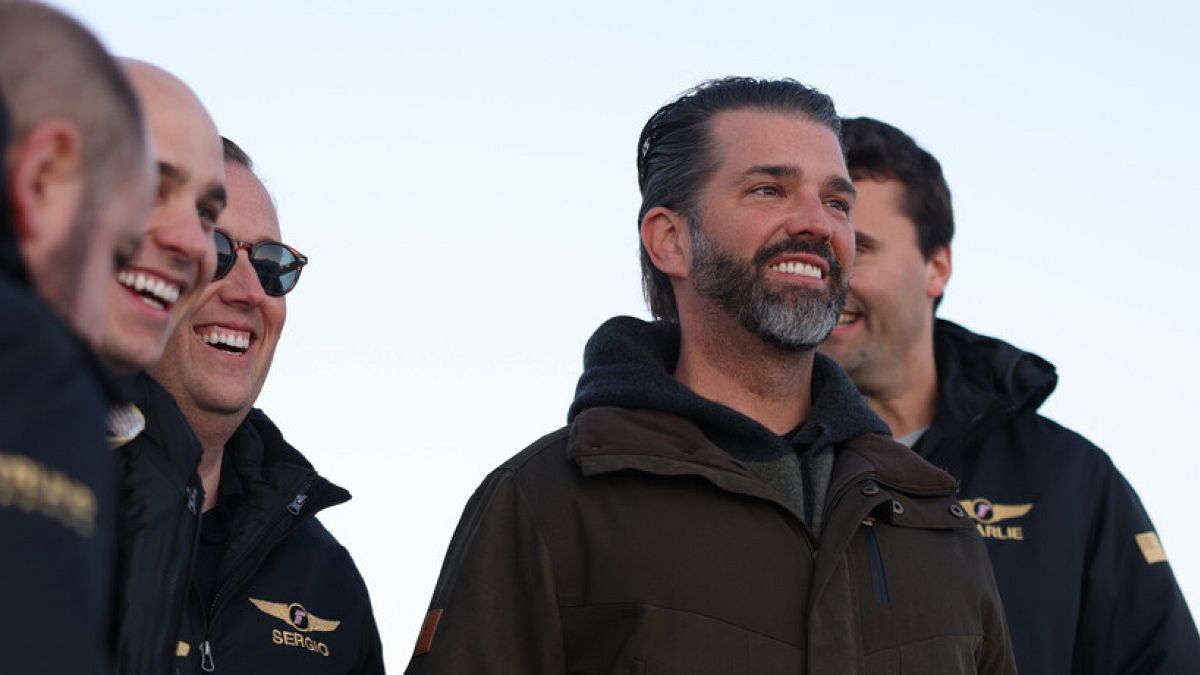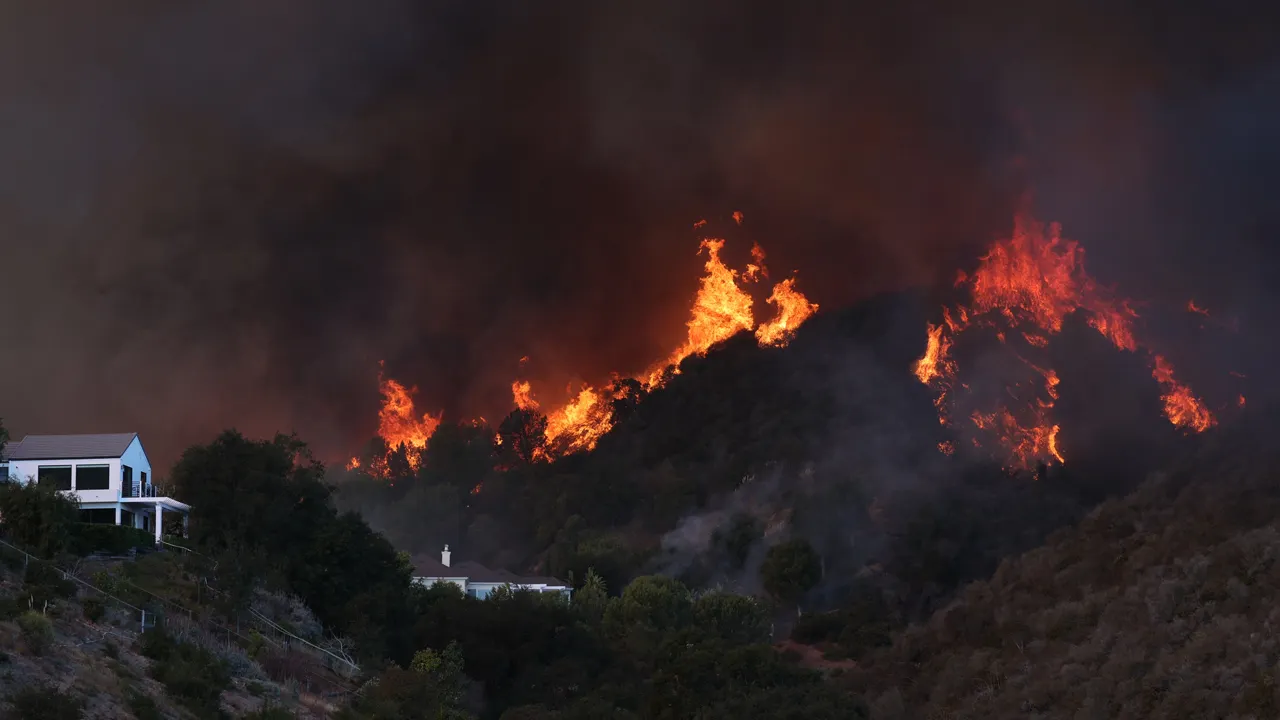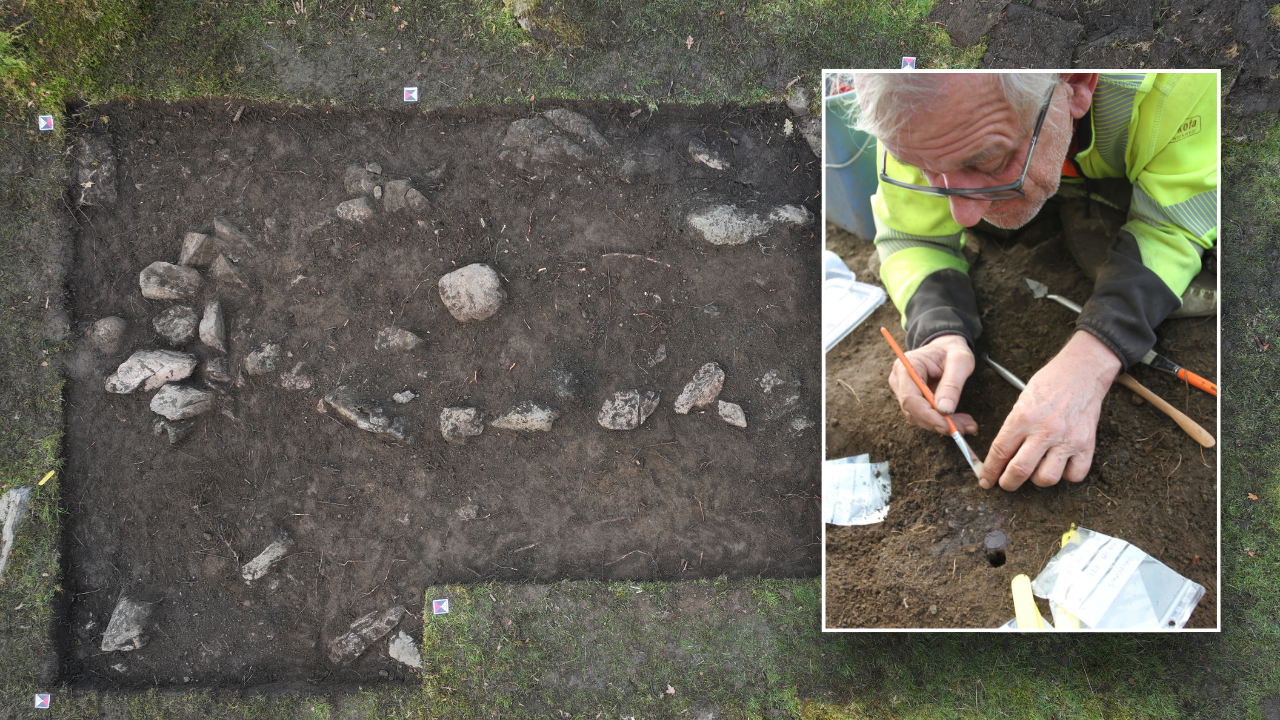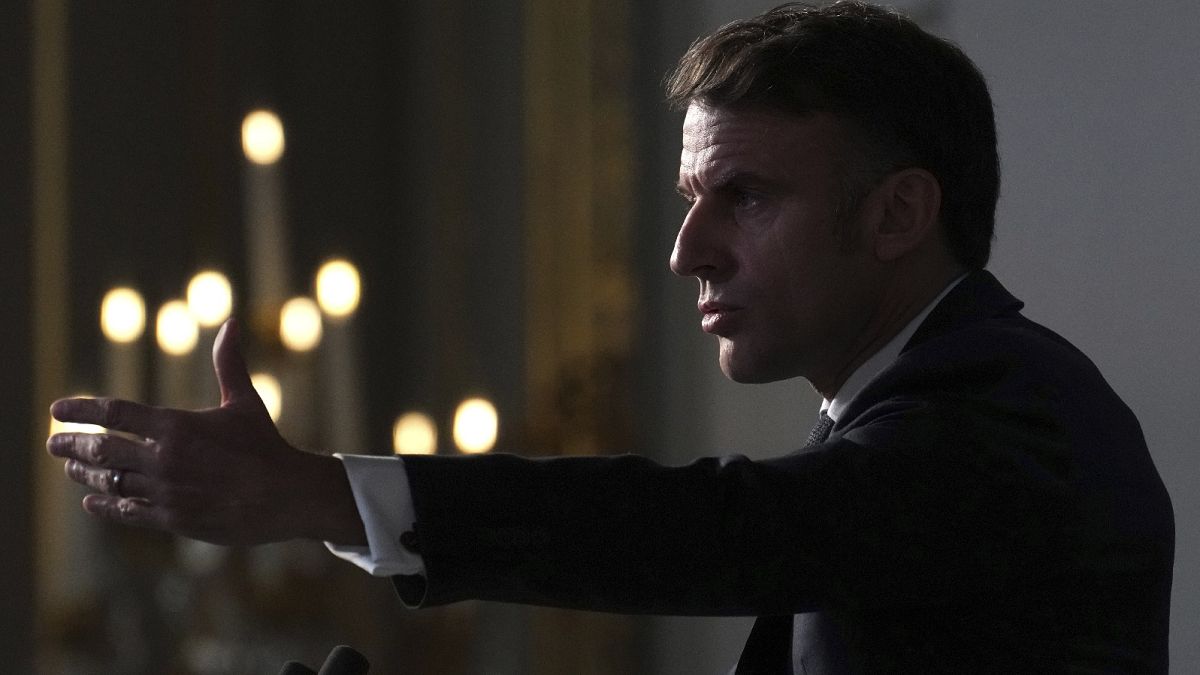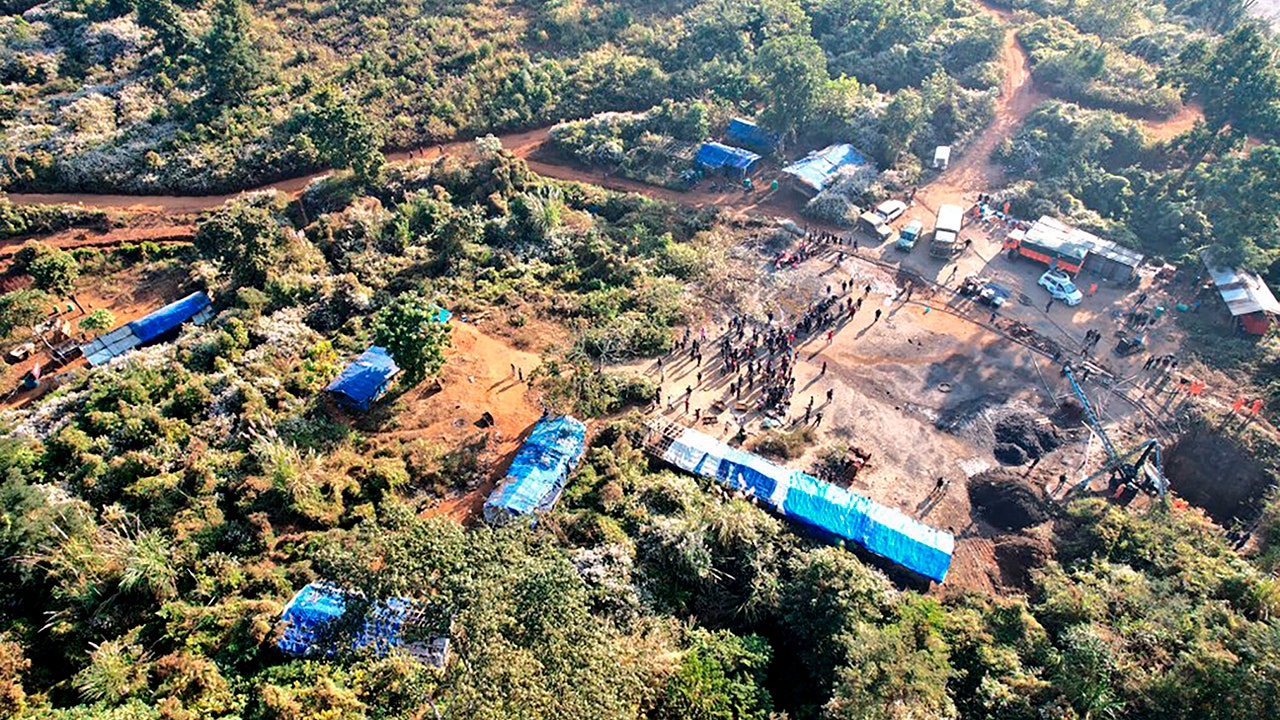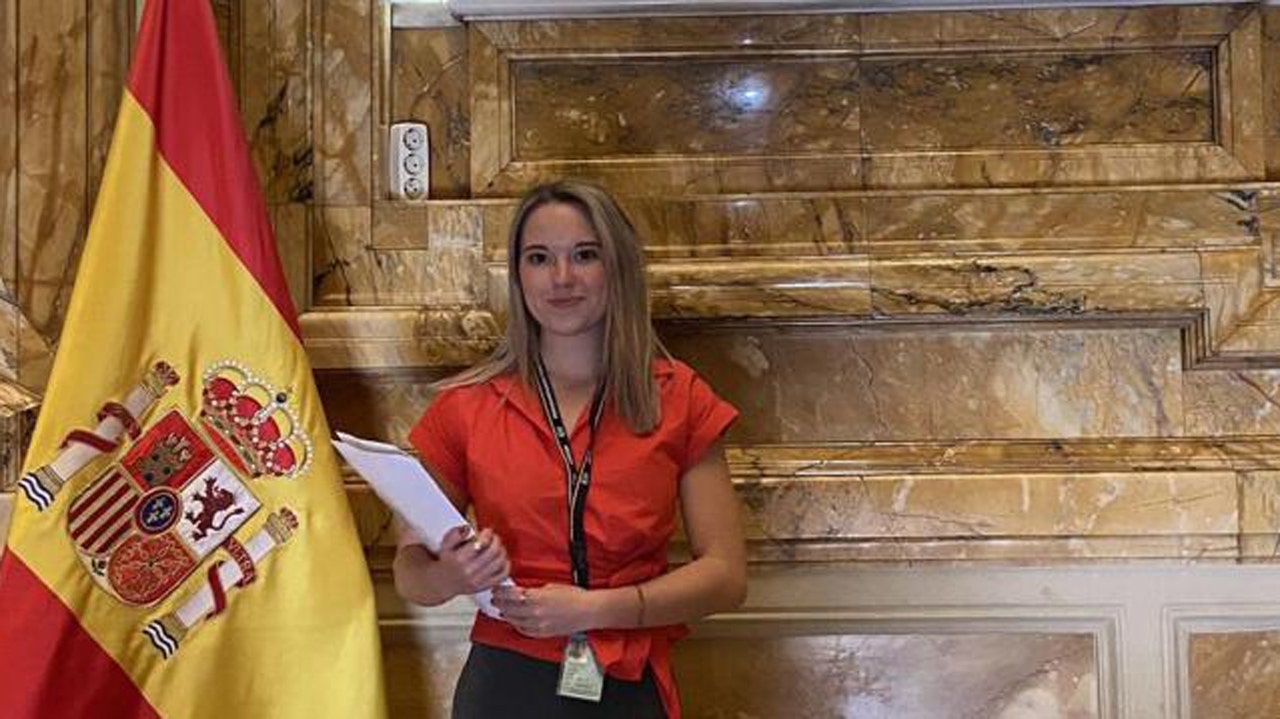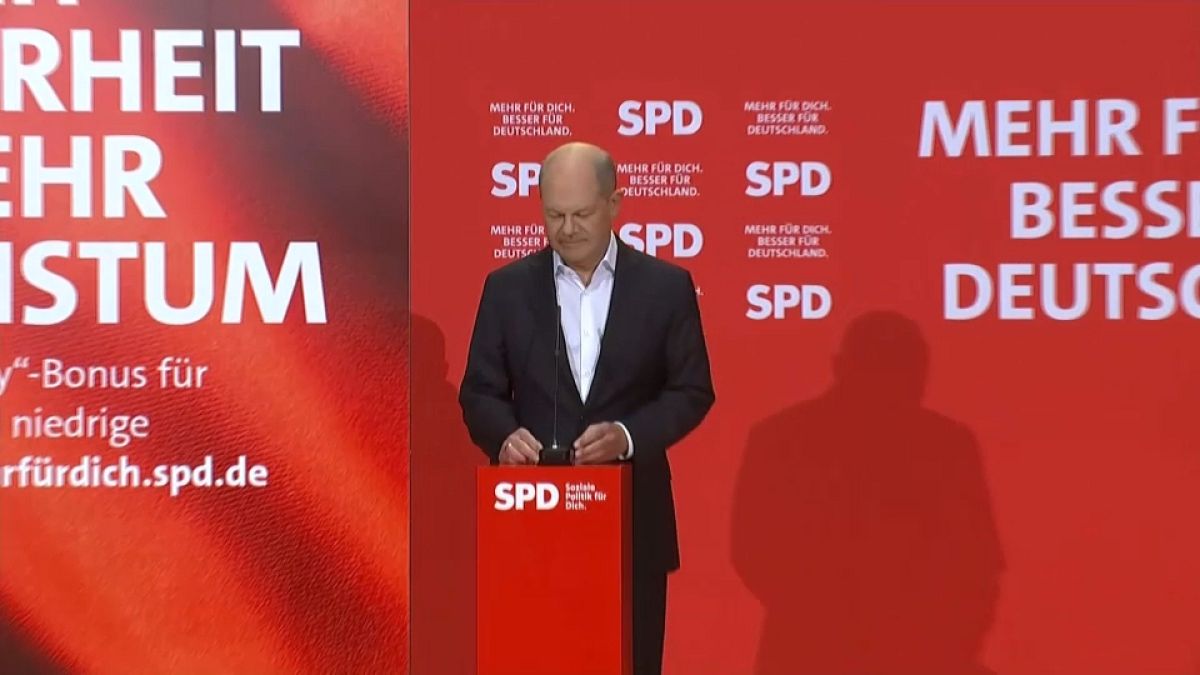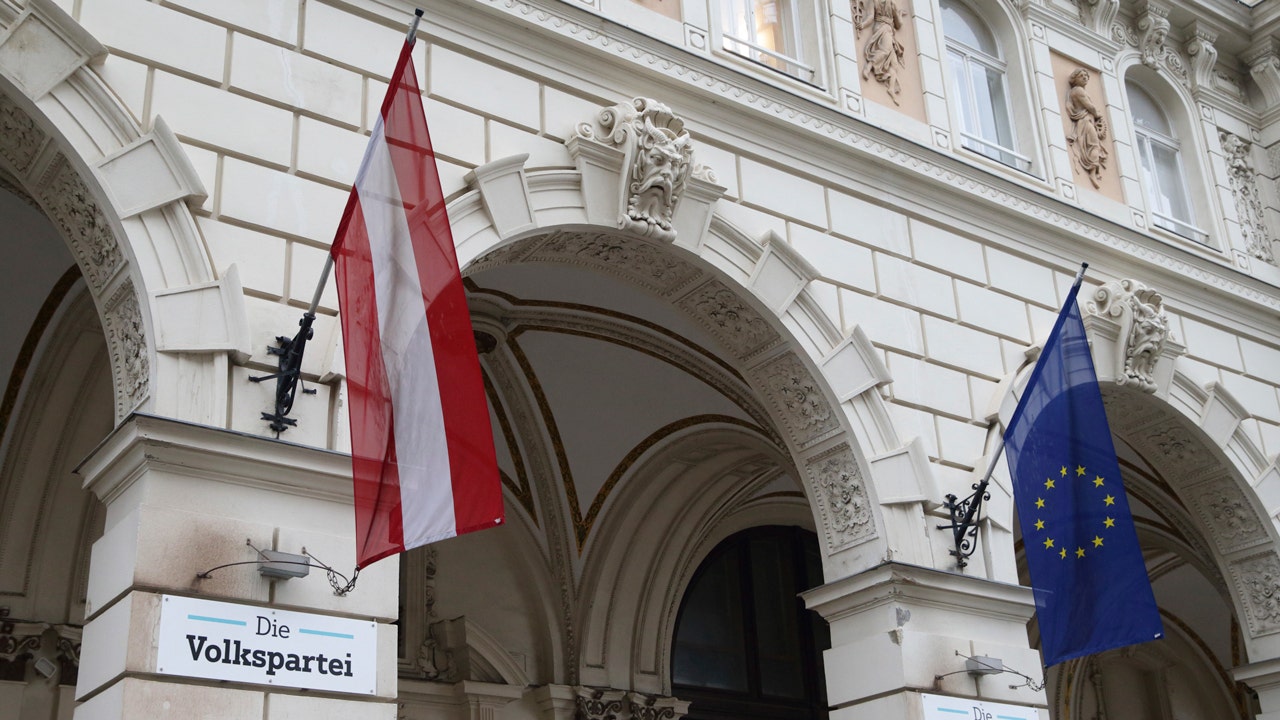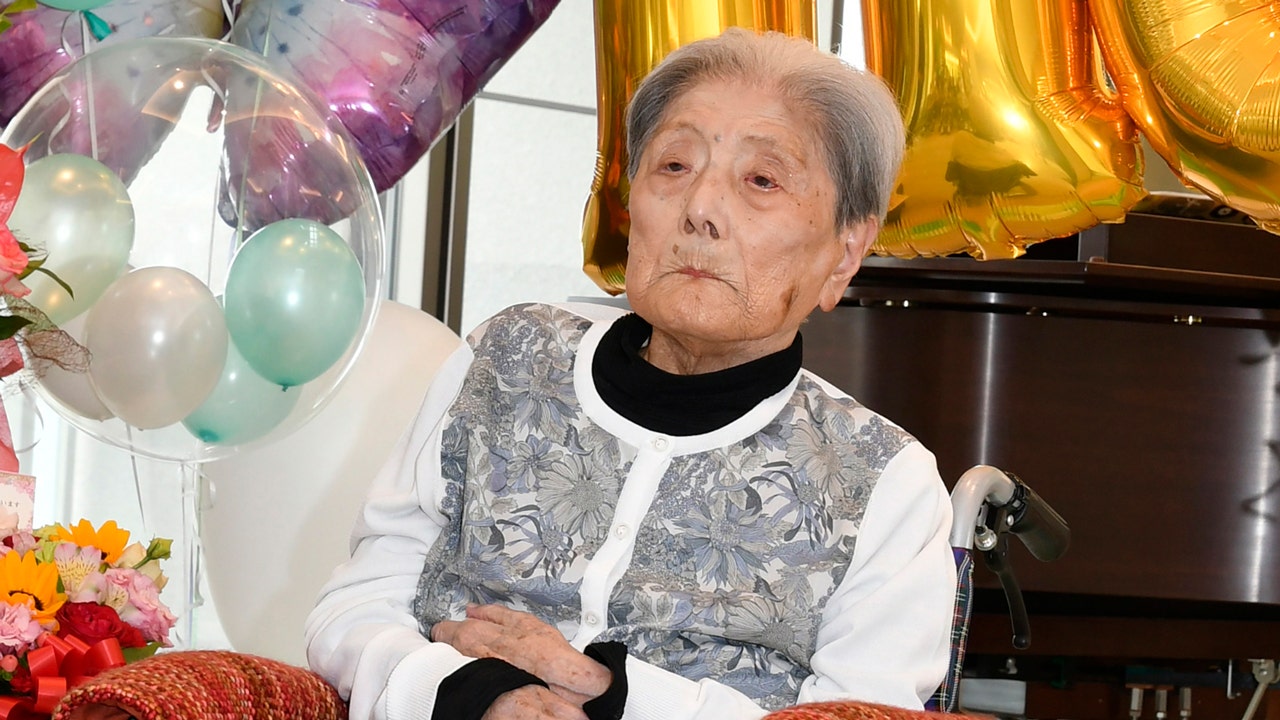The European Union came out of the first Trump presidency stronger and must continue to become more independent, the French president told his top diplomats.
French President Emmanuel Macron on Monday called on Europe not to be “weak and defeatist” in the face of another Donald Trump presidency and to accelerate its strategic awakening.
Speaking to French ambassadors gathered at the Elysée Palace in Paris to outline his foreign policy priorities for the year, Macron said that fears a second Trump US presidency will negatively impact Europe are overblown.
“It was exactly the same questions eight years ago. We were being told the worst: President Trump elected, Brexit was here, Europe was a goner,” he said.
“We have moved our Europe forward over the last seven years. Resolutely. And it is now capable of meeting the challenges it faces,” he added.
France and Europe were able to work with the first Trump administration and the president-elect’s decision to make his first international trip to Paris last month where a “strategic discussion began” between the two leaders is proof the Old Continent remains a key partner for Washington, Macron continued.
But he cautioned that “if we decide to be weak and defeatist, there’s little chance of being respected by President Trump’s United States of America”.
He urged Europe “to go much faster and much stronger” in its bid to become more sovereign in areas including defence and trade.
On the former, Macron hailed recent EU decisions to set up a rapid deployment capacity of up to 5,000 troops and to boost industrial capacity among others but he said that “a massive European investment programme with a European preference” is now needed.
“The question is whether Europeans want to produce what they need for their own security over the next 20 years, or not. It’s a safe bet that in 15 to 20 years’ time, the American priority will be its own defence, and much more so around and in the China Sea than in Europe. If we depend on the American defence industrial and technological base, then we’ll be faced with cruel dilemmas and shameful strategic dependencies,” he said.
On the economy and trade, Macron made the case that Europe “faces a real risk of falling out of step with the US and China” and that it too should ditch established rules that it alone is now respecting, with Washington and Beijing much more protectionist with their industries.
“I still don’t understand, at a time when WTO rules are no longer respected by either China or the United States, (why) we keep on doing it, but on our own. It’s not working. So let’s wake up and look at what’s being done,” he said.
“We need to defend our trade policy and ensure a level of competition that’s fair and equitable, and we need to defend European content.”
He said the European Union has yet to tap into the single market to its full potential, must boost investments, including through joint borrowing, and ought to simplify its rules so that it becomes easier to invest and innovate for domestic companies.
The 27-country bloc has at times “over-legislated”, Macron said, and should now take a “massive regulatory break” and “reconsider regulations” that are hampering our ability to innovate.
The French leader said he will convene several of his EU counterparts in February to discuss the issue with a view to presenting proposals in March.
On what a second Trump presidency means for the ongoing war in Ukraine, Macron stressed that “there will be no quick and easy solution in Ukraine”.
Trump’s looming arrival to the Oval Office – and his campaign claim that he could bring peace within days of returning to the White House – has sparked fears Kyiv could be pressured into making painful territorial concessions.
But according to Macron, “the new American president himself has made it clear that the United States has no chance of winning anything if Ukraine loses”.
Washington, he went on, “has to help us change the nature of the situation and convince Russia to come to the negotiating table”.
“The Ukrainians need to hold realistic discussions on territorial issues, and only they can lead them. The Europeans need to build security guarantees, which will be their primary responsibility. This is a geographical and geopolitical reality,” he added.
Read the full article here


